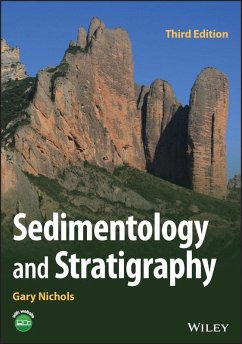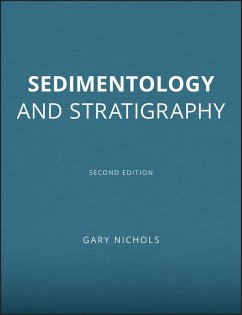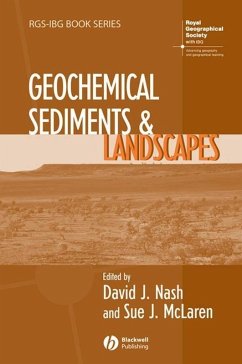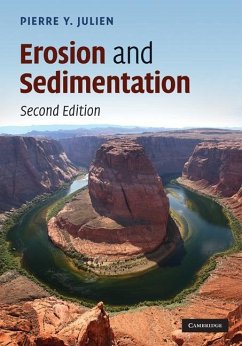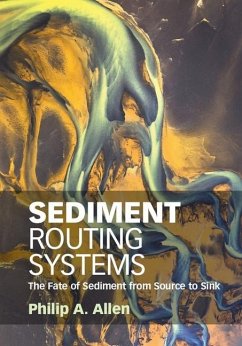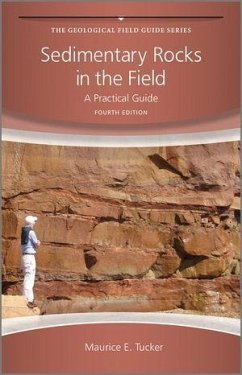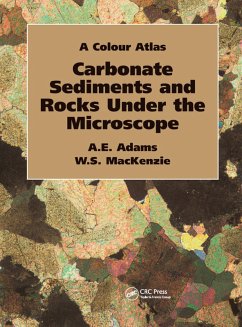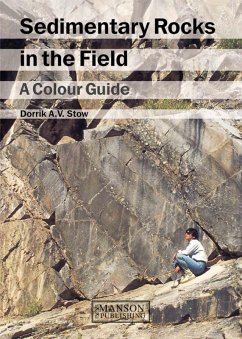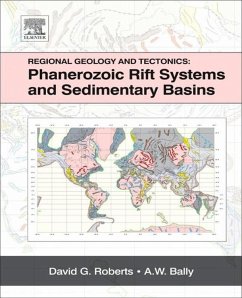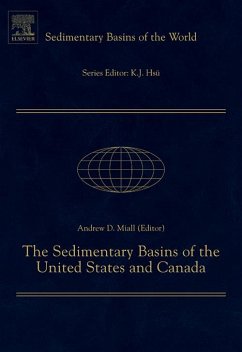
Sulfidic Sediments and Sedimentary Rocks (eBook, ePUB)
Versandkostenfrei!
Sofort per Download lieferbar
107,95 €
inkl. MwSt.
Weitere Ausgaben:

PAYBACK Punkte
54 °P sammeln!
This book deals with sedimentary sulfides which are the most abundant authigenic minerals in sediments. Special emphasis is given to the biogeochemistry that plays such a central role in the formation of sedimentary sulfides. It will be of interest to scientists in a number of disciplines, including geology, microbiology, chemistry and environmental science. The sulfur system is important to environmental scientists considering the present and future effects of pollution and anoxia. The development of the sulfur system - particularly the characteristics of ocean anoxia over the last 200 Ma - i...
This book deals with sedimentary sulfides which are the most abundant authigenic minerals in sediments. Special emphasis is given to the biogeochemistry that plays such a central role in the formation of sedimentary sulfides. It will be of interest to scientists in a number of disciplines, including geology, microbiology, chemistry and environmental science. The sulfur system is important to environmental scientists considering the present and future effects of pollution and anoxia. The development of the sulfur system - particularly the characteristics of ocean anoxia over the last 200 Ma - is useful in predicting the future fate of the Earth surface system as well as in understanding the past. The biochemistry and microbiology of the sulfur system are key to understanding microbial ecology and the evolution of life. - First monograph on sedimentary sulfides, covering the ancient and modern sedimentary sulfide systems - Comprehensive, integrating chemistry, microbiology, geology and environmental science - All key references are included and discussed
Dieser Download kann aus rechtlichen Gründen nur mit Rechnungsadresse in A, B, BG, CY, CZ, D, DK, EW, E, FIN, F, GR, HR, H, IRL, I, LT, L, LR, M, NL, PL, P, R, S, SLO, SK ausgeliefert werden.




